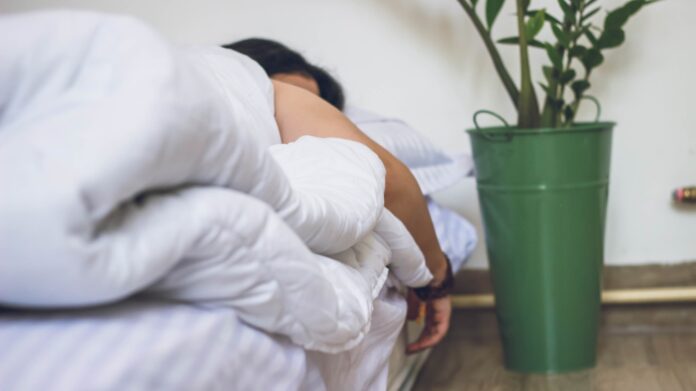
Sleep is essential for both mental and physical health, but getting good-quality shut-eye is often easier said than done. Stress, screens, and irregular schedules can have a significant impact on the body’s natural sleep-wake cycles, making it difficult to wind down and get the deep rest we need. While some things will always be out of our control, learning to practice proper sleep hygiene can mean the difference between waking up on the wrong side of the bed versus being rested and ready to tackle the day.
Consistency is Key
Of all of the practices that contribute to proper sleep hygiene, the most important of all is sticking to a regular sleep routine. Our bodies operate according to an internal clock known as the circadian rhythm, and keeping consistent bed and wake-up times, even on weekends, is essential for keeping this rhythm regulated.
Consider Your Environment
Create an environment conducive to high-quality sleep by keeping your bedroom cool, dark, and quiet. Set your thermostat to around 65°F, use blackout curtains, and place cell phones and other electronics in another room. If you live in a city or noisy neighborhood, use white noise to drown out disruptive sounds from the outside. Staying comfortable can also help to prevent any unexpected wakeups throughout the night, so consider investing in a high-quality mattress and pillows that support proper spinal alignment.
Eat Right & Exercise
If you’re struggling to fall asleep at bedtime or regularly feel tired in the afternoons, don’t overlook the impact of exercise. Physical activity can promote better sleep by relieving stress and helping to regulate our circadian rhythm, but it’s best to keep strenuous workouts to at least an hour before bed. In the same vein, avoid caffeine and alcohol in the evenings, as both have been shown to interfere with sleep quality.


